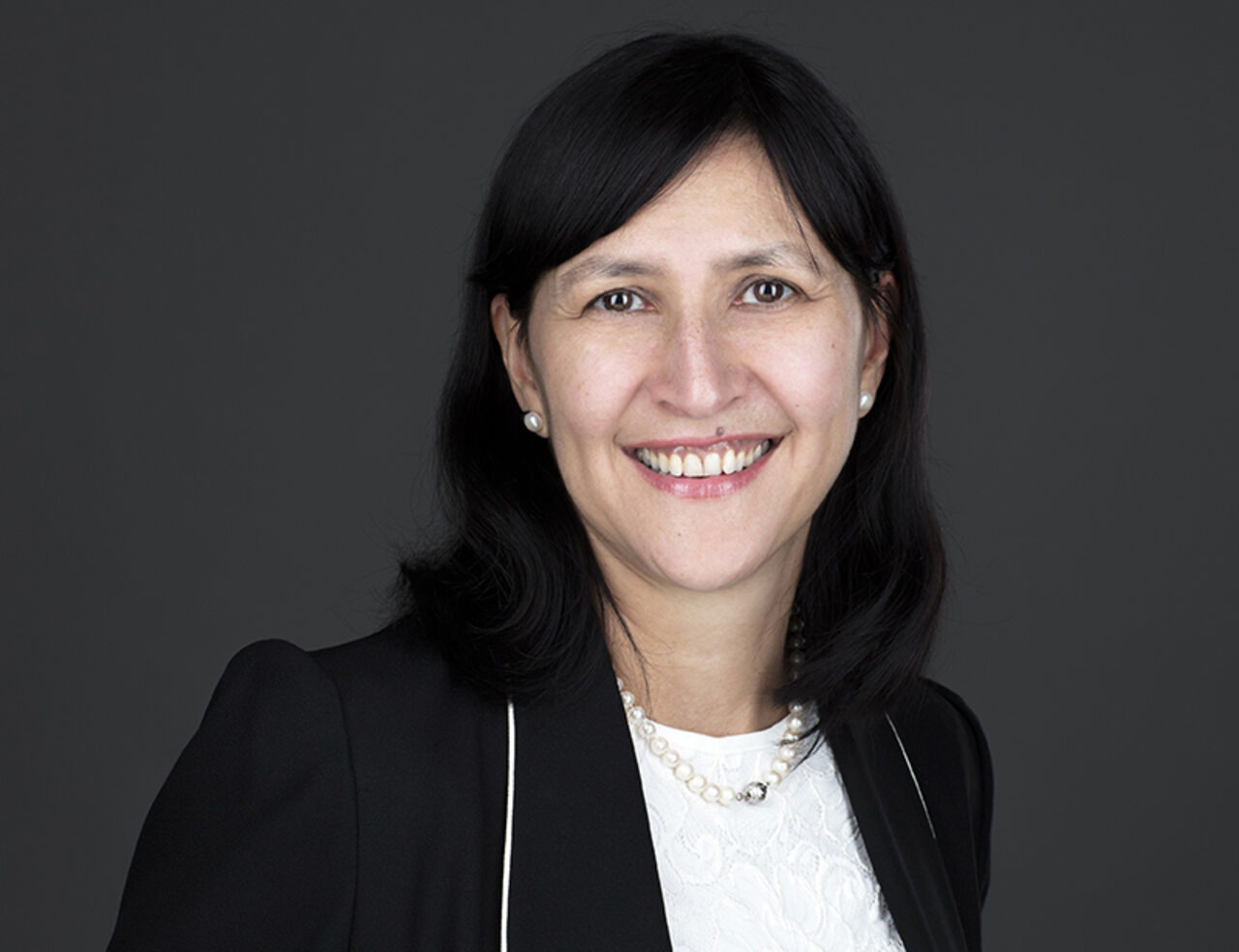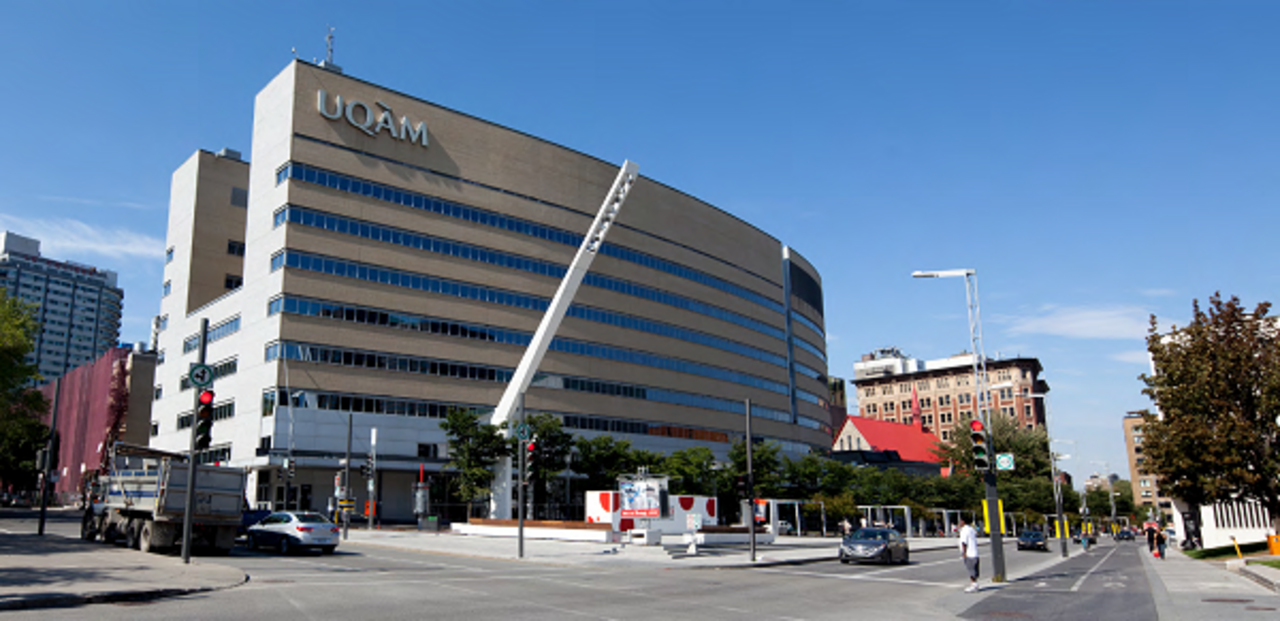Magda Fusaro, President of Université du Québec à Montréal (UQAM)
How do you view Université Gustave Eiffel from an international perspective?
Magda Fusaro: The academic model offered by Université Gustave Eiffel is particularly promising. The federation of establishments of various vocations facilitates the integrated roll-out of research and training activities, in addition to the development of international partnerships with other universities active in the fields of the smart city, transport logistics or sustainable urban development and so on.
The pooling of viewpoints emerging from natural and human sciences is of great interest to UQAM, which also boasts centres where several fields contribute to the development of training programmes and research projects. This type of approach enables students to gain a multi-dimensional vision of urban issues and to develop the transversal skills sought after in professional sectors, on local and international levels.
As a newly-formed establishment, how can Université Gustave Eiffel contribute to the transmission of innovation and scientific knowledge, specifically in the field of the sustainable cities?
M. F.: The alliance of a research institute with a university and engineering schools hugely facilitates exchange between researchers from different fields, thus fostering creativity and innovation. There is a realisation that cities are playing an increasingly important role in the management of complex issues related to public health, technological integration, mobility and energy or ecological transition. Urban areas are becoming a laboratory where all the ecosystem’s players must work together to find long-term solutions to the challenges that emerge. All forms of practical and theoretical knowledge thus play their part in the co-building of knowledge with public and private stakeholders and civil society. We can only welcome therefore the initiative of Université Gustave Eiffel, which focuses on collaboration between researchers, academics and engineers.


